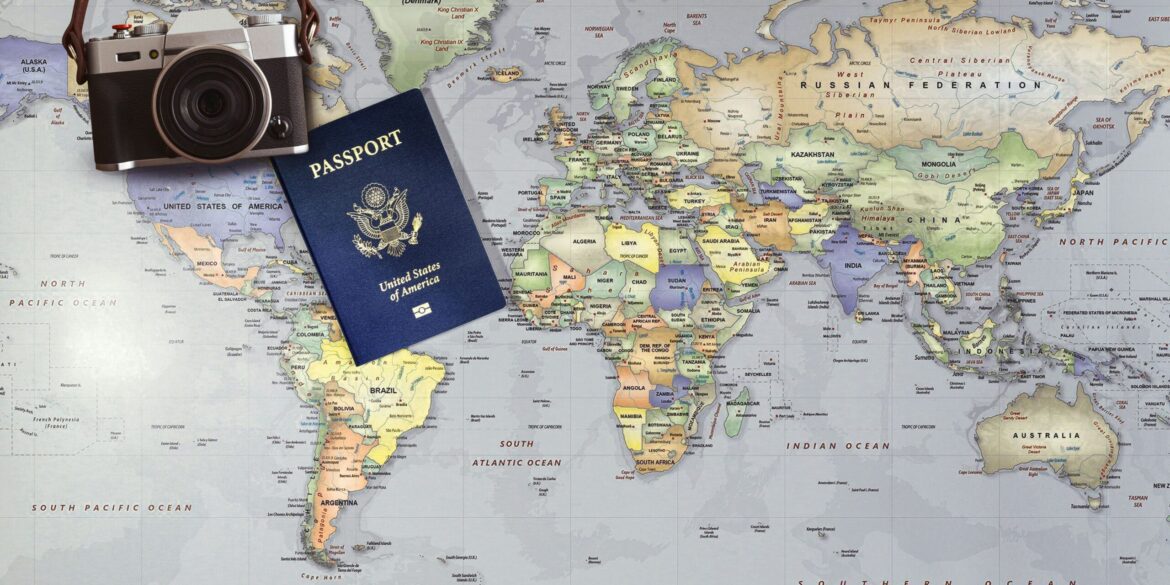The U.S. government has announced a significant policy shift affecting international students by temporarily suspending student visa interviews at embassies and consulates around the world. This suspension comes as the administration prepares to roll out a more rigorous vetting process that will include enhanced scrutiny of applicants’ social media activity. The policy, which appears to be part of a broader national security initiative, is expected to have far-reaching consequences for international students, academic institutions, and U.S. diplomacy.
This new vetting strategy specifically targets student visa applicants under the F, M, and J categories—used by academic students, vocational students, and exchange visitors. The enhanced process is designed to identify individuals whose online presence is deemed a security concern, especially those who have expressed support for pro-Palestinian activism or have shared content critical of U.S. or Israeli policies. The pause in interviews will remain in effect until the new screening framework is formally established and implemented.
This policy has stirred concern within the higher education community and among civil liberties advocates. Critics argue that such actions represent an overreach of executive power and an infringement on free speech and academic freedom. They worry that social media activity—often personal, nuanced, and culturally contextual—may be misinterpreted, leading to unjust denials of student visas. For students who use digital platforms to voice political opinions or participate in activism, the implications are particularly serious.
Universities across the United States, many of which rely on international students for both diversity and financial stability, are bracing for the fallout. International students contribute significantly to the academic, cultural, and economic fabric of U.S. campuses. They pay full tuition more often than domestic students and support research efforts through graduate programs. A prolonged delay or drop in student visas would place considerable strain on institutional budgets and academic programs.
One of the most prominent examples of the policy’s impact can be seen at Harvard University. The university has been under intense scrutiny after federal agencies demanded extensive access to detailed records on international students. When Harvard hesitated to comply fully, citing privacy and legal concerns, the Department of Homeland Security revoked its certification to enroll foreign students. Though a federal judge has since temporarily blocked that action, the case is ongoing and has sparked fears that other universities might face similar punitive measures.
Compounding the issue, the administration is reportedly seeking to cancel approximately $100 million in federal contracts with Harvard, citing non-cooperation with immigration enforcement policies. Such a move not only threatens the financial health of one of the nation’s most prestigious institutions but also sends a chilling message to other universities about the cost of resisting federal directives.
The broader impact on international student interest in the U.S. has been immediate and severe. According to recent data, there has been a 50% drop in foreign students researching U.S. universities from January to April of this year. If current trends continue, the year-over-year decline in interest could exceed 70%. Countries that once viewed American education as the gold standard are beginning to redirect their students to more welcoming destinations such as Canada, the UK, and Australia.
Higher education leaders have expressed deep concern over the long-term implications of this policy direction. They argue that by undermining the global competitiveness of American institutions, the U.S. is jeopardizing its standing as a leader in innovation, research, and global collaboration. Many fear that academic brain drain—where top international talent chooses to study and remain in other countries—could become a lasting consequence.
As the government proceeds with its social media vetting initiative, the international community will be closely watching how the U.S. balances national security with its reputation for openness, academic excellence, and civil liberties. For now, thousands of prospective students around the world remain in limbo, unsure whether their academic dreams in America will ever become reality.

